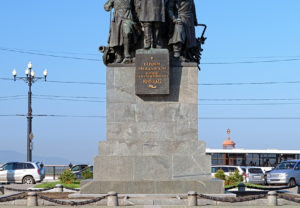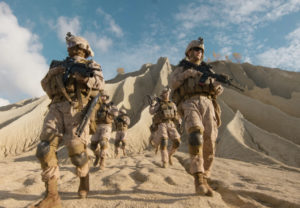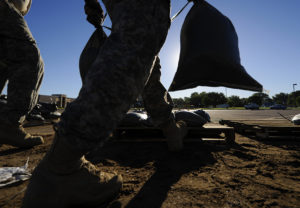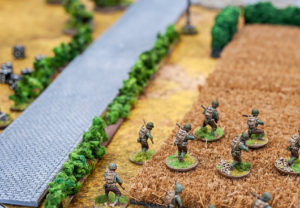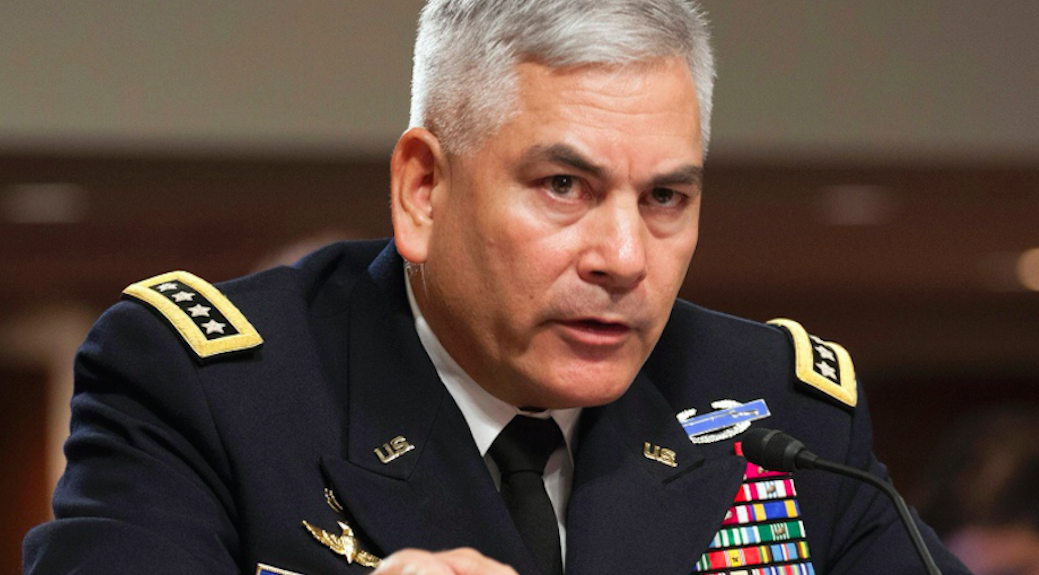United States Army General John F. Campbell, top American and NATO commander in Afghanistan, admitted to USA Today that he will ask the Obama administration to keep numbers in the country as they are well as ask for additional troops to combat a rising Taliban insurgency.
He also said the slated troop reduction — scheduled for January 1, 2017 that would bring the number of 9,800 down to 5,500 — should be put off as long as possible.
And even that, according to him, might not be enough.
“My job as commander on the ground is to continually make assessments,” Campbell said. “Every time I’ve gone to the president and said, ‘I need X,’ I’ve been very, very fortunate that he’s provided that. So he’s been very flexible. It’s actually been conditions based as we’ve gone forward.
“If I don’t believe that we can accomplish the train, advise and assist and the (counter-terrorism) missions, then I owe it to the senior leadership to come back and say, ‘Here’s what I need.’ If that’s more people, it’s more people.”
More from USA Today:
“My intent would be to keep as much as I could for as long as I could,” Campbell said by telephone from Kabul. “At some point it becomes physics. I’m going to have to get them out.”
News from Afghanistan in 2015, when American troops ended their daily combat mission after 14 years, has been grim. Taliban insurgents stormed the northern provincial capital of Kunduz in October and were pushed out after fierce fighting that included an inadvertent attack by a U.S. warplane on hospital that killed 42 civilians. In the south, Taliban insurgents have battered Afghan troops in Helmand province; an al-Qaeda training camp was also discovered there and destroyed. Islamic State fighters have set up outposts in the east. Last week, six U.S. airmen were killed by a suicide bomber outside Bagram Air Base.
The Pentagon’s own quarterly assessment of security in Afghanistan this month noted that in “the second half of 2015, the overall security situation in Afghanistan deteriorated with an increase in effective insurgent attacks and higher (Afghan security force) and Taliban casualties.”
As you may recall, Obama pushed back his promise in October to bring troops home at the beginning of 2016. Instead, that group of almost 10,000 U.S. military personnel will remain in Afghanistan for most of the following year. In 2017, the remaining number will become a part of a “counterterrorism network” that will cover not only the Middle East, but even into Africa.
Campbell is to meet with the administration in Washington soon where he’ll formal enter his plea. He couldn’t get into specifics (he claimed they were classified) but he offer a preamble.
“Some of them will not go over well with people,” Campbell said. “Some of them will get approved.”








